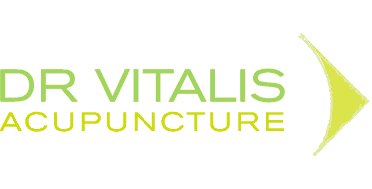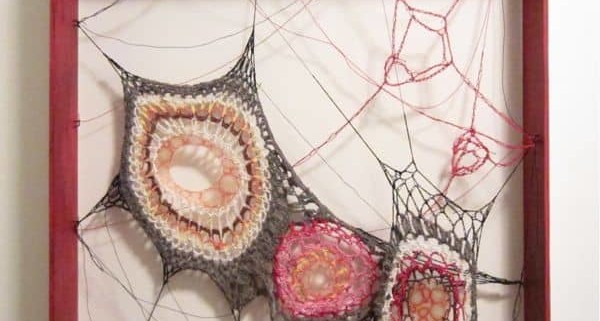Chinese herbal medicines for PCOS show a promise
In today’s fast-paced world, where medical advances are often driven by cutting-edge technology, it is easy to forget that the nature can still offer us potent remedies. Unkei-to, a traditional herbal medicine that has been shown to have a significant impact on endocrine function and ovulation in women with high basal levels of luteinising hormone (LH) secretion.
To understand the potential benefits of unkei-to, we must first examine the role that LH plays in a woman’s reproductive system. LH is a hormone produced by the pituitary gland that regulates the menstrual cycle and triggers ovulation. When LH levels are abnormally high, it can lead to anovulation, or the absence of ovulation, a condition affecting many women with polycystic ovary syndrome (PCOS) and non-polycystic ovary syndrome.
A study conducted by Ushiroyama and colleagues investigated the effects of unkei-to on 100 patients, 38 of whom had PCOS, and 62 who did not. The patients were randomly divided into two groups, with 52 receiving unkei-to treatment and 48 serving as a control group. The researchers then compared endocrine levels, follicle growth, and response to unkei-to between the two groups.
The results were nothing short of remarkable. Unkei-to induced significant decreases in plasma LH levels in both PCOS and non-PCOS patients with high LH levels. Moreover, plasma estradiol levels increased significantly by 43.5% after eight weeks of treatment with unkei-to. Patients treated with unkei-to also experienced significant development of the dominant follicle.
When the patients suffering from ovulatory failure or irregular menstruation with high plasma LH concentration were treated with unkei-to for eight weeks, a reduction in serum LH levels of at least 1 standard deviation from baseline was observed in 45.5% of PCOS patients and in 80.0% of non-PCOS patients. The rate of menstrual cycle improvement, including successful ovulation, was 50.0% in the PCOS group and 60.0% in the non-PCOS group, with no significant difference between the two groups.
These findings serve as a powerful reminder of the potential that lies within the natural world, and the efficacy of traditional herbal medicine in treating complex health issues. Unkei-to has shown its ability to rebalance hormonal levels and promote ovulation, offering hope to countless women seeking relief from the challenges of anovulation and irregular menstruation. As we continue to explore the wonders of nature, we may well uncover more treasures like unkei-to, reminding us that sometimes, the answers we seek are already within our grasp.
Chinese name for Unkei-to is Wen Jing Tang. We commonly use this TCM formula at our practice. You maybe interested to learn more about TCM herbs for fertility.

